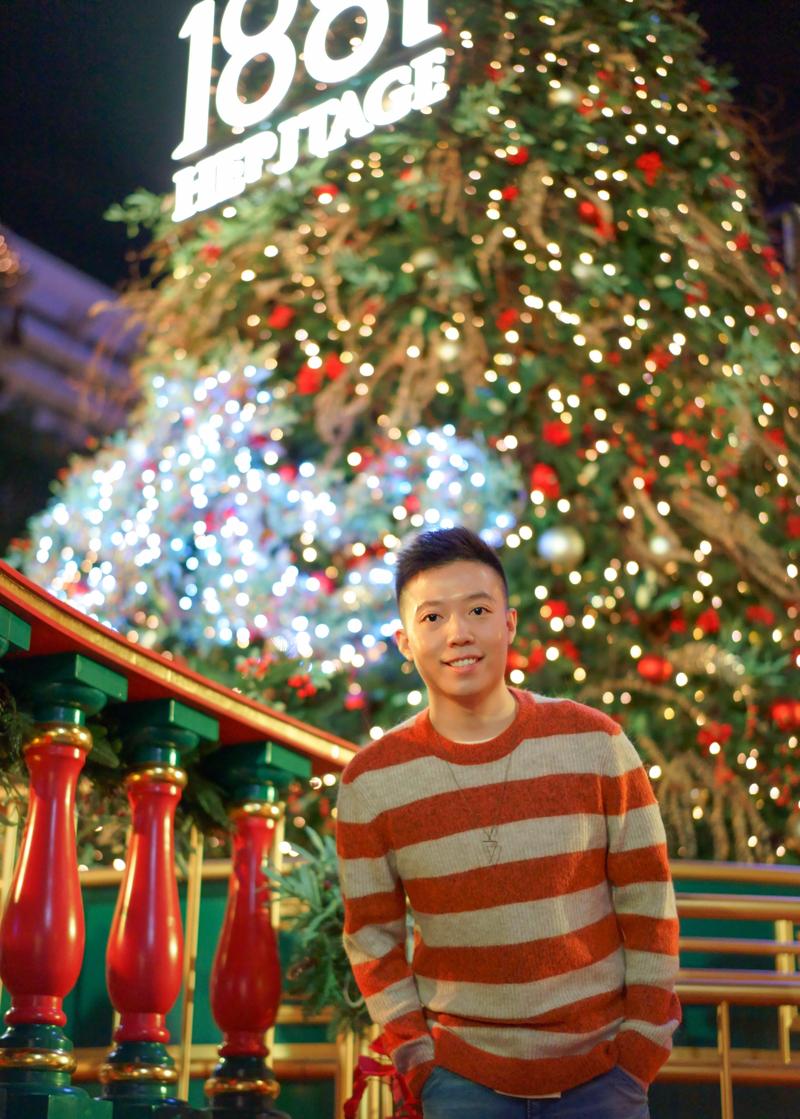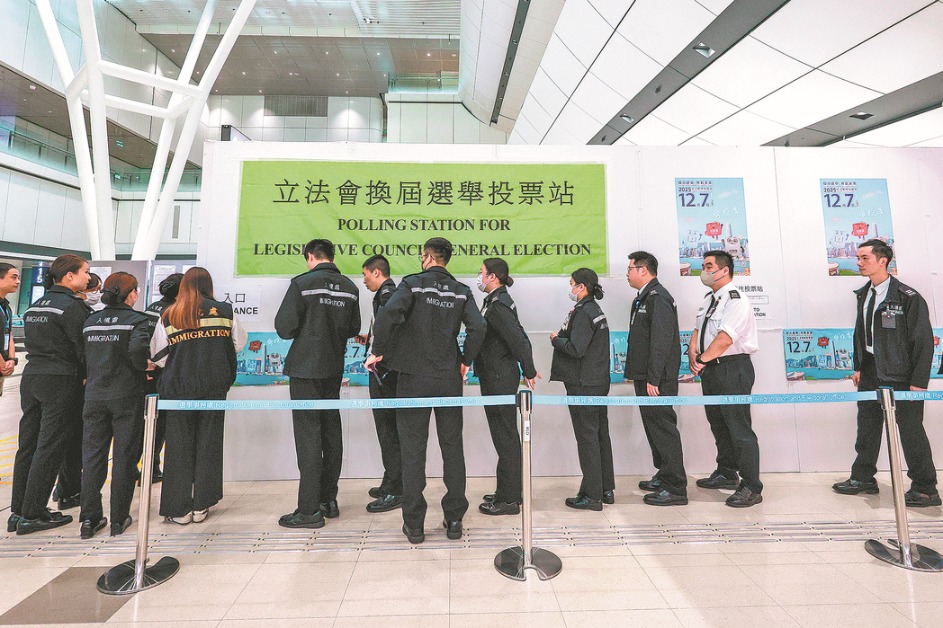A fertile ground for academia


Chinese cultural influence
Zou Sheng, who obtained his doctorate in the US, recently landed a job as an assistant professor at HKBU's School of Communication. He admitted he's facing challenges trying to adjust himself to a completely new environment in Hong Kong. After spending eight years in the US, Zou is accustomed to the working and living environments, as well as his network of friends, colleagues and academic connections. But with his lack of experience in the SAR, he has to start everything from scratch, rebuilding his circle of friends and establishing professional and academic networks.
Zou applauds Hong Kong universities for their tenure track system that's comparable to that of the US, while the local academic environment boasts having a distinct Chinese cultural influence.
Many of his colleagues have conducted research in Chinese media and communication, resulting in a unique blend of Eastern and Western cultures. As such, Zou said he believes such an environment is conducive to his professional development.
While striving for internationalization, Zou said Hong Kong should also think deeper about localization. "In other words, the city should highlight its own perspectives concerning communication and the media, and develop its own system, instead of simply borrowing it from others."
Oleksandr Pidchosa, an associate professor at Hong Kong Chu Hai College, began his serendipity with Hong Kong by teaching businesspeople at the college in 2018. The following year, the college teamed up with the Institute of International Relations of Taras Shevchenko National University of Kyiv, Ukraine, to establish a joint program offering two master's programs in business and international relations for the Belt and Road countries and regions. Consequently, Hong Kong Chu Hai College invited Pidchosa, who was working in Europe then, to teach in its master's programs.
Pidchosa admitted it was a tough call, considering the geographical remoteness and abrupt shift in lifestyle. This was during the initial stages of the COVID-19 outbreak as infection numbers soared. He had to spend more than two weeks in a designated hotel in Hong Kong to complete his quarantine.
Despite the challenges, accountability drove Pidchosa to take up HKCHC's offer. "We have put a lot of effort into developing this cooperation, such as setting up new courses," he recalled.
Initially, he agreed to a one- or two-year trial period for him to assess how things would work out. But with the HKSAR government gradually lifting social-distancing rules, "life has become easier, and I can invite my friends and relatives to Hong Kong. Hong Kong people are quite friendly, and the academic circle welcomes personal opinions and various perspectives," said Pidchosa, adding he will stay in the city for a longer time.
Five Hong Kong tertiary educational institutions - the University of Hong Kong, the Hong Kong University of Science and Technology, The Chinese University of Hong Kong, City University of Hong Kong and Hong Kong Polytechnic University - made it to be among the world's top 100 universities in the 2022 QS World University Rankings.
























